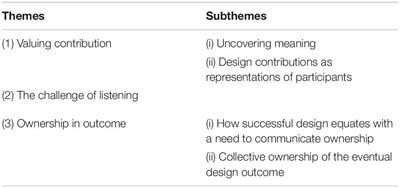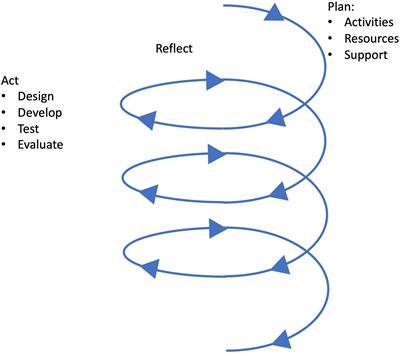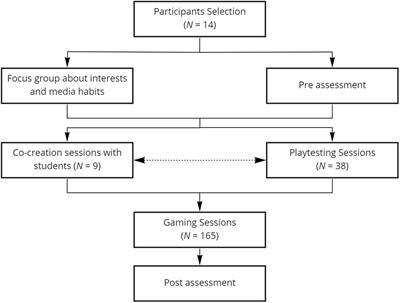EDITORIAL
Published on 20 Jun 2023
Editorial: Championing inclusion and diversity: inclusive design practices and approaches for education
doi 10.3389/feduc.2023.1234892
- 1,802 views
6,709
Total downloads
40k
Total views and downloads
You will be redirected to our submission process.
EDITORIAL
Published on 20 Jun 2023
CONCEPTUAL ANALYSIS
Published on 10 Nov 2022
ORIGINAL RESEARCH
Published on 09 Jun 2022

ORIGINAL RESEARCH
Published on 13 May 2022

ORIGINAL RESEARCH
Published on 26 Apr 2022

SYSTEMATIC REVIEW
Published on 25 Apr 2022

